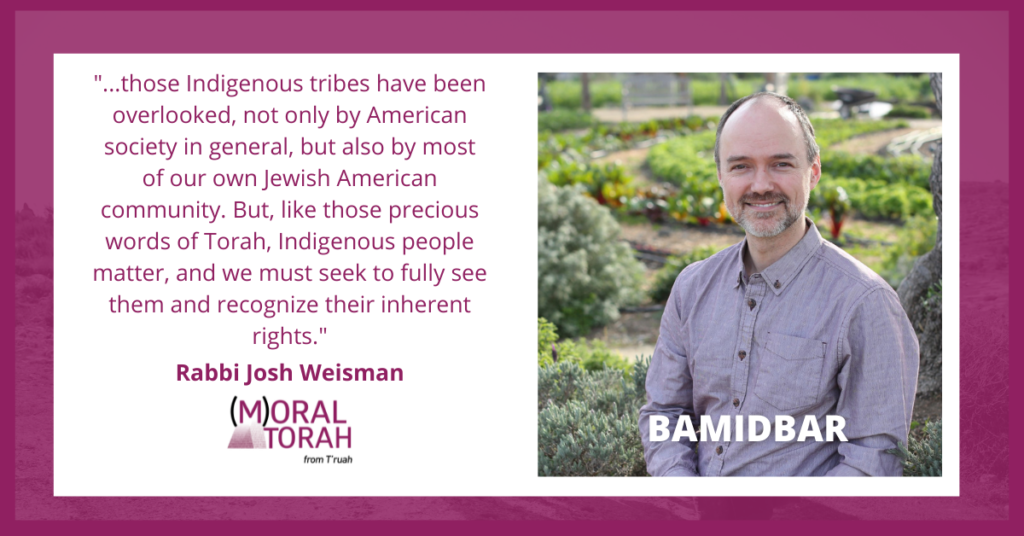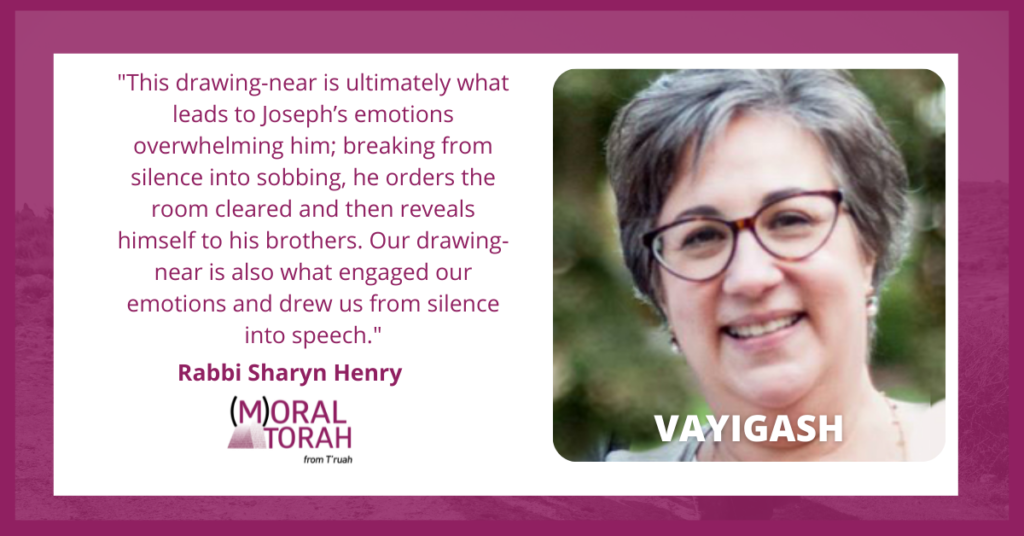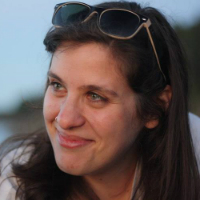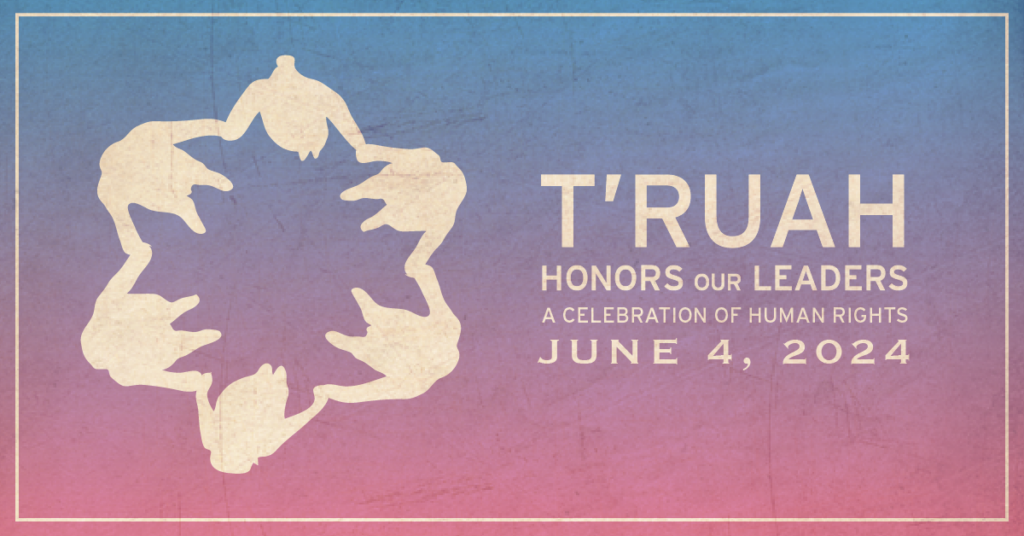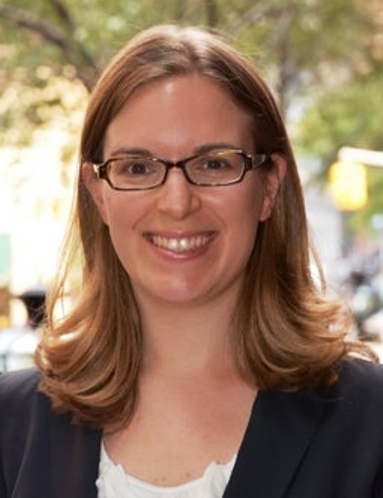
Paying Priests, Paying Parents
This past weekend, many of us celebrated Father’s Day to honor the important work our dads do. A month ago, we did the same thing to honor our mothers: BBQs and brunches, phone calls and cards in the mail, “Number 1 Mom” mugs and “World’s Best Dad” baseball caps. As a congregational rabbi, I spend...
read more



